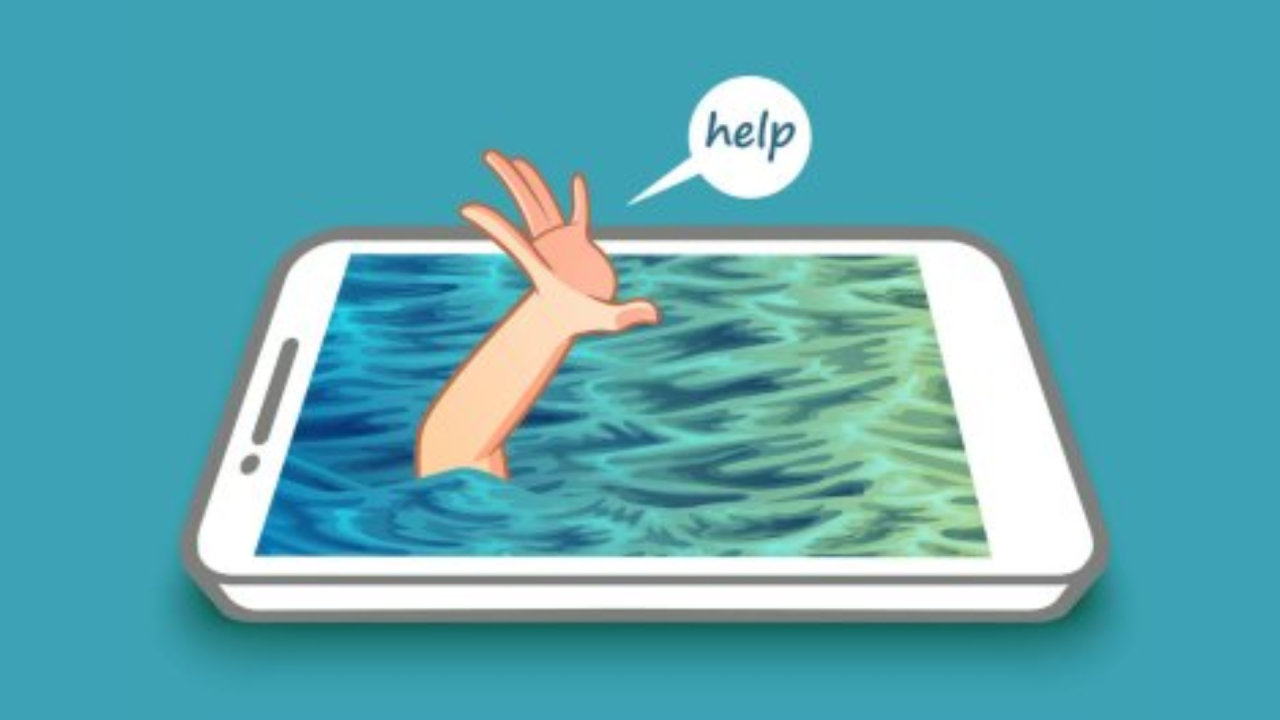Gadget Addiction Effects can significantly impact daily life, leading to eye strain, mental fatigue, and reduced overall well-being. In today’s digital era, where gadgets have become an essential part of life, overuse can result in addiction, negatively affecting both mental health and vision. This article explores these impacts and offers practical tips to minimize the risks associated with excessive gadget usage.
Effects on Eye Health:
- Eye Strain (Asthenopia):
Extended viewing of screens results in eye strain, which creates discomfort, blurriness, and headaches, or so-called “computer vision syndrome.” They are alleviated by taking regular breaks and proper adjustment of the screen.
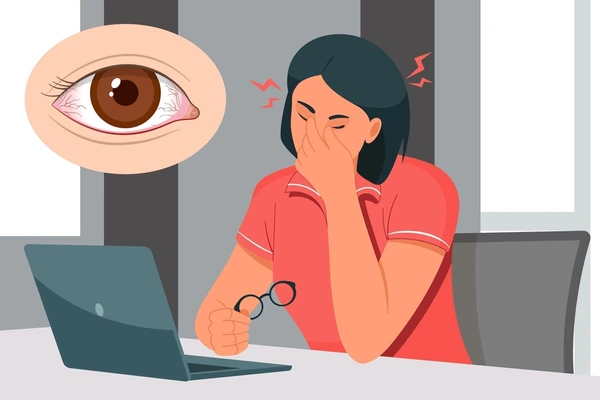
- Dry Eyes:
Reduced blinking on a screen reduces wetness on the surface of the eyes, leading to dryness, irritation, and discomfort. The eyes become gritty or irritated.
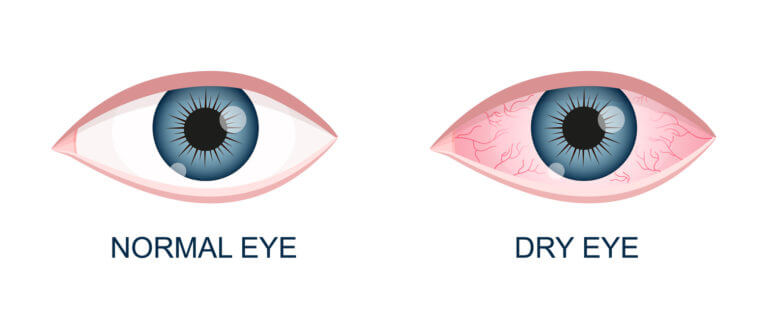
- Strabismus (Crossed Eyes):
Sustained close observation, as well as exposure to blue light, can lead to fatigue of eye muscles, thus misalignment is more probable and results in blurred or double vision.

- Myopia (Nearsightedness):
Excessive use of screens, especially among children, leads to myopia through overworking of eyes on objects that are near. This will probably alter the shape of the eye so that distant objects become blurry.

Effects on Mental Health:
- Sleep Disorders:
Blue light from the screen, especially at night before going to bed, has the ability to interfere with the process of melatonin production that is responsible for sleep control. This may lead to the individual having difficulty sleeping, sleeping badly, and even long-term sleep disorders like insomnia.

- Anxiety and Depression:
Excessive use of devices, especially social media or constant connectivity, has been discovered to be associated with high stress, anxiety, and depression levels. Constant notifications, comparison, and information overload can lead to emotional distress and mental exhaustion. In addition, the absence of face-to-face interaction during screen use can contribute to loneliness and isolation, adding to mental health issues.

- Attention Deficits:
Excessive gadget time, especially with frequent multitasking and app or task switching, can interfere with one’s ability to focus and concentrate. This may lead to attention deficit and poor cognitive functions, where it is hard to accomplish things that require sustained concentration. Frequent repetition by this can also undermine memory recall and learning.
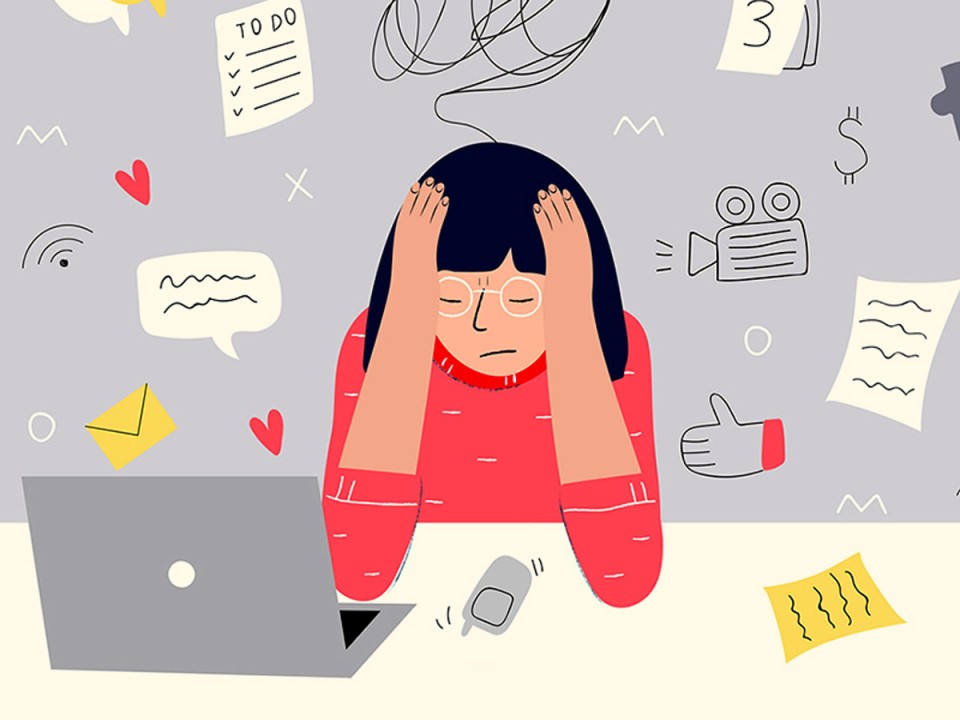
Effective Strategies to Overcome Gadget Addiction:
- Limit Screen Time:
Enforce hard boundaries on gadget usage, i.e., set gadget-free meal times or evenings. Use apps to track and limit screen time, averting the negative consequences of overuse.
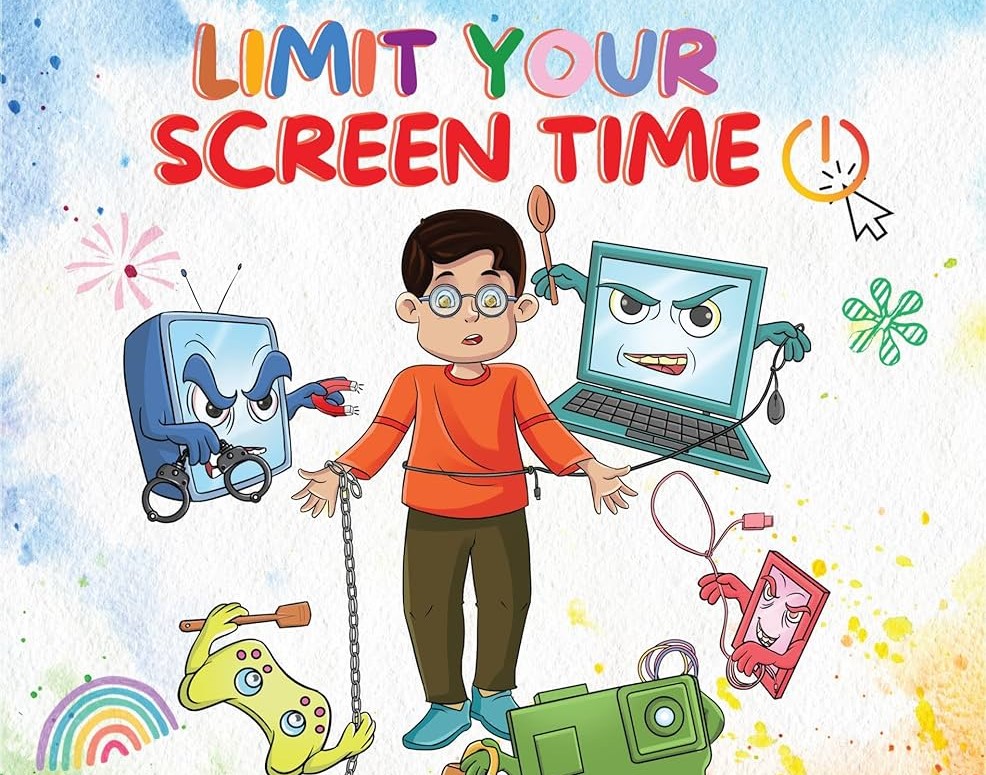
- Get Outside:
Replace screen time with outdoor exercise such as walking or sports to de-stress and improve well-being, with the bonus of sunlight.

- Set Healthy Sleeping Habits:
Restrict screen usage at least one hour prior to bed time to ensure better quality of sleep. Otherwise, be involved in relaxing pre-bed time activity such as reading or meditation.
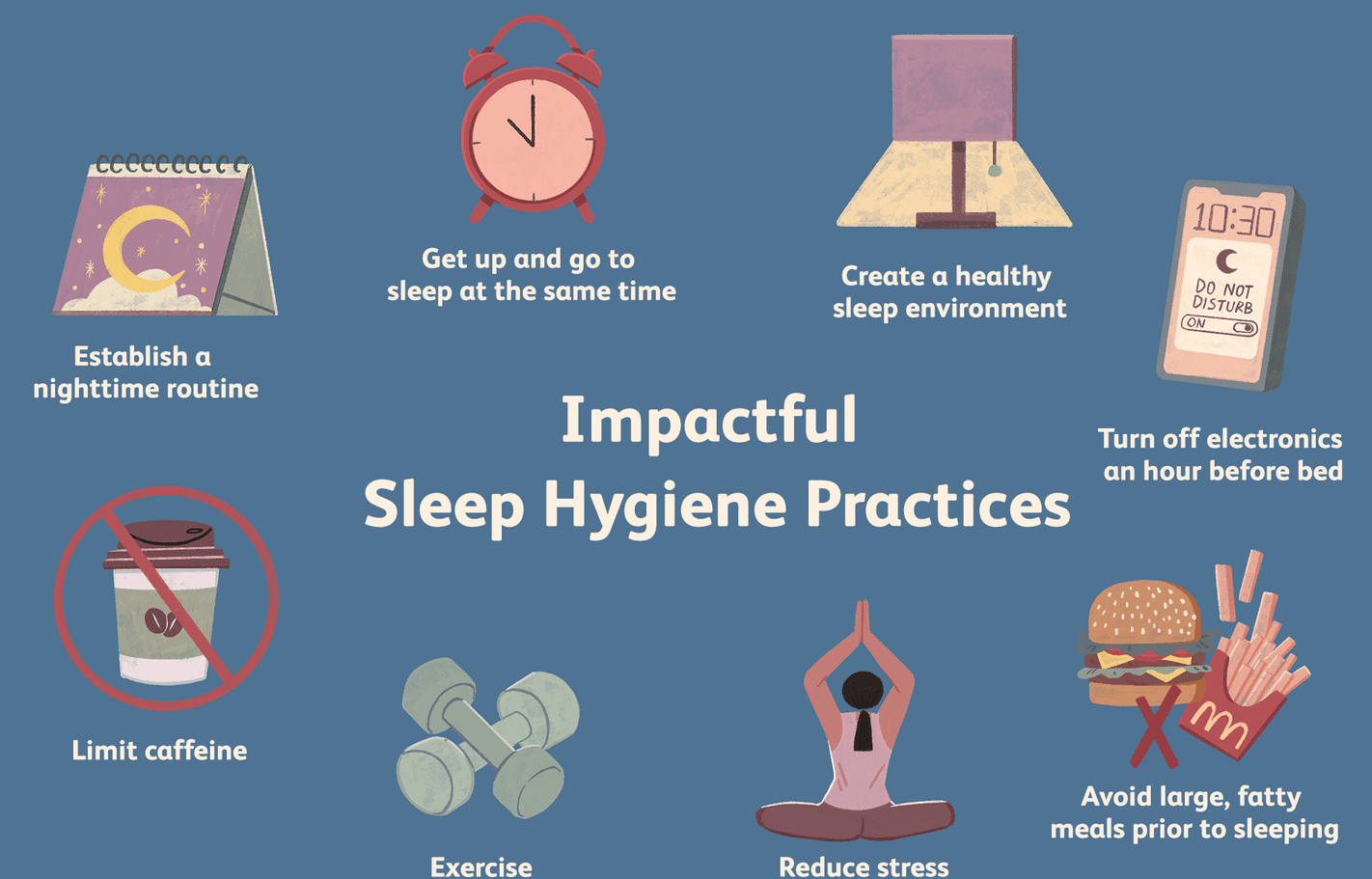
- Improve Social Interactions:
Try using face-to-face contacts with relatives and friends to tighten social relations and reduce the sense of loneliness as a good means of discontinuing the chain of screen usage.

Gadget addiction harms eye and mental health. Following the above practices, these harmful effects can be minimized and well-being improved. Begin practicing these things in your life to stop gadget addiction and form healthy habits.

